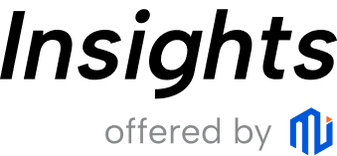ECB’s Villeroy: Increase in US tariffs in Q2 to have limited impact on European inflation
European Central Bank (ECB) policymaker and Bank of France head Francois Villeroy de Galhau said on Wednesday that a 25 percentage point increase in the US tariffs in the second quarter could have limited impact on European inflation but added that they could still reduce the Eurozone Gross Domestic Product (GDP) growth by 0.3% in a full year, per Reuters.
Key takeaways
"US President Donald Trump is destabilizing the multilateral system, increasing long-term risks for financial order and the climate."
"In the short term, Trump's lose-lose strategy is harming the US as the Fed's downgrade of its forecasts show."
Market reaction
EUR/USD showed no immediate reaction to these comments and was last seen trading virtually unchanged on the day at 1.0795.
ECB FAQs
The European Central Bank (ECB) in Frankfurt, Germany, is the reserve bank for the Eurozone. The ECB sets interest rates and manages monetary policy for the region. The ECB primary mandate is to maintain price stability, which means keeping inflation at around 2%. Its primary tool for achieving this is by raising or lowering interest rates. Relatively high interest rates will usually result in a stronger Euro and vice versa. The ECB Governing Council makes monetary policy decisions at meetings held eight times a year. Decisions are made by heads of the Eurozone national banks and six permanent members, including the President of the ECB, Christine Lagarde.
In extreme situations, the European Central Bank can enact a policy tool called Quantitative Easing. QE is the process by which the ECB prints Euros and uses them to buy assets – usually government or corporate bonds – from banks and other financial institutions. QE usually results in a weaker Euro. QE is a last resort when simply lowering interest rates is unlikely to achieve the objective of price stability. The ECB used it during the Great Financial Crisis in 2009-11, in 2015 when inflation remained stubbornly low, as well as during the covid pandemic.
Quantitative tightening (QT) is the reverse of QE. It is undertaken after QE when an economic recovery is underway and inflation starts rising. Whilst in QE the European Central Bank (ECB) purchases government and corporate bonds from financial institutions to provide them with liquidity, in QT the ECB stops buying more bonds, and stops reinvesting the principal maturing on the bonds it already holds. It is usually positive (or bullish) for the Euro.



